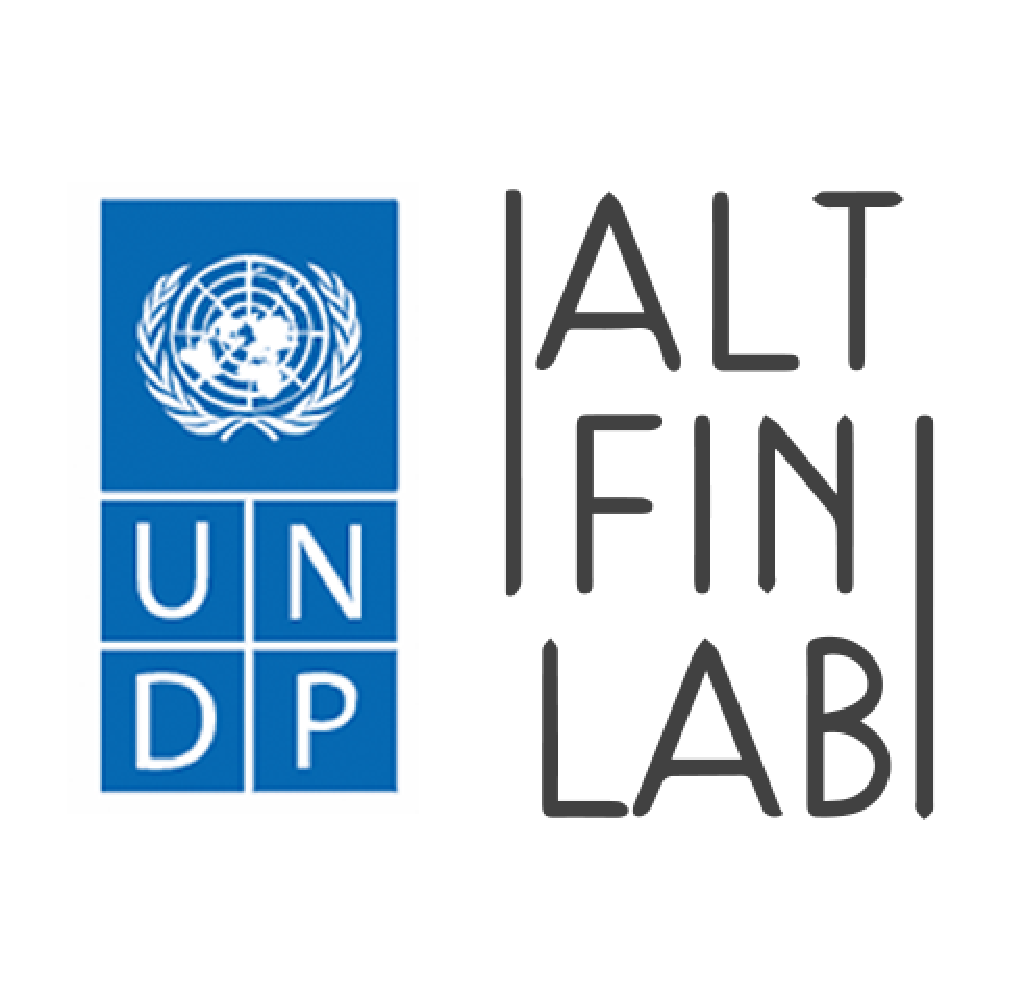Exponential Science Attends Paris Blockchain Week 2025

Exponential Science Attends Paris Blockchain Week 2025
Bitcoin mining has long faced criticism for its energy consumption, but the industry is undergoing a significant transformation. Data released by a risk metrics data platform, Nodiens, the report titled Mining the Future: Bitcoin’s Carbon Footprint and the Path to 2030, explores this shift and what it means for the future of sustainable BTC mining. Since 2011, Bitcoin’s reliance on renewable energy has nearly doubled—from 20% to 41% in 2024. By 2030, this figure is projected to reach at least 70%, driven by economic incentives, global energy trends, and policy shifts. At the same time, coal usage in Bitcoin mining has dropped from 63% in 2011 to just 20% today, reflecting a broader transition away from fossil fuels. A new report from the MiCA Crypto Alliance and Nodiens, Mining the Future: Bitcoin’s Carbon Footprint and the Path to 2030, highlights this shift and what it means for the future of sustainable Bitcoin (BTC) mining.
.jpg)
The Energy Challenge and a Green Future
Bitcoin’s Proof of Work (PoW) mechanism remains energy-intensive, but cryptocurrency miners are increasingly turning to more cost-effective renewable sources like wind, solar, hydro or even energy waste. As energy efficiency improves and governments invest in sustainable infrastructure, Bitcoin mining is poised to become a model for green innovation.Under high-price scenarios, Bitcoin’s energy consumption could grow significantly by 2030, yet its carbon footprint will largely depend on the continued shift to renewables. With strong climate policies, emissions could decrease despite rising energy demand.
MiCA Compliance and ESG Resources
The MiCA Crypto Alliance is leading the way in helping companies navigate the complex regulatory landscape. Members of the Alliance gain access to the largest ESG dataset currently available, enabling them to meet MiCA’s legal and environmental standards. Our team specialises in crafting MiCA-compliant white papers and producing MiCA-compliant sustainability data which, from December 2024, will be a legal requirement for all crypto-assets within the EU.
Under the EU's Markets in Crypto-Assets (MiCA) regulation, any entity wishing to publicly offer a crypto-asset or list it for trading on a platform in the European Union must publish a MiCA white paper and corresponding sustainability data. This includes crypto-asset issuers and crypto-asset service providers (CASPs) such as exchanges and custodial wallet providers offering new crypto-assets to the public.Becoming a member of the MiCA Crypto Alliance simplifies the compliance process, saving valuable time, resources, and money.


.png)